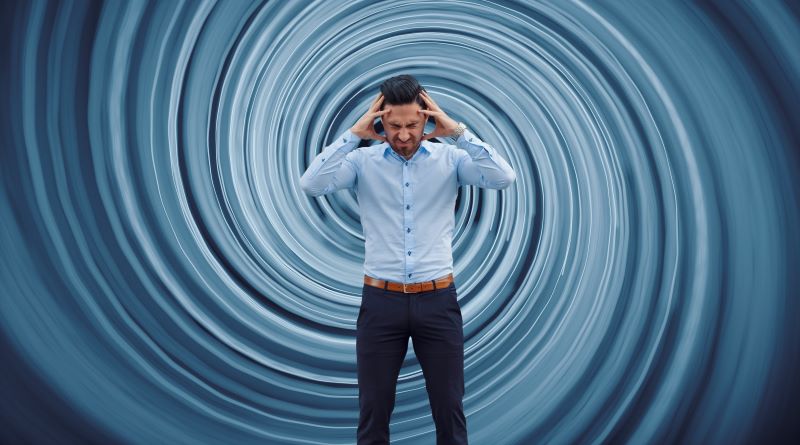What is Meniere’s disease?
Have you heard of Meniere’s disease? If the answer is no, you’re likely not alone. Though experts at the National Institute on Deafness and Other Communication Disorders estimate over 600,000 people in the U.S. are living with this condition. With about 45,000 new cases occurring annually, Meniere’s, like many hearing-related diseases, aren’t talked about much.
Meniere’s affects a person’s middle ear and causes vertigo-like symptoms, which can make the person feel as though the world is spinning, causing extreme discomfort and disorientation. These episodes might last for a few minutes, or several hours.
In addition to feelings of vertigo and nausea, patients describe their ears feeling “full,” as well as the ringing, buzzing, and/or pulsing sensations associated with tinnitus. Only people afflicted with Meniere’s hear sounds in this way.
Meniere’s disease can also cause intermittent hearing loss that will typically lead to permanent hearing loss, especially if the condition goes untreated. Though Meniere’s in both ears is possible, most cases occur in only one ear.
What causes Meniere’s disease?
Unfortunately, the direct causes of Meniere’s disease are still a mystery to medical experts. It is suspected that a variety of factors contribute to an excess of fluids that build up in the inner ear, resulting in a person’s feelings of vertigo, dizziness, or loss of balance. This excess of fluid puts pressure on the inner ear, where the body’s balance system is located.
Medical experts believe that the following mmay be contributing factors to Meniere’s disease:
- Some combination of viral infections.
- Atypical immune responses,.
- A lack of natural fluid drainage that could be caused by blockages in the ear canal.
- Anatomical abnormalities.
Since the distinct cause of Meniere’s is still unknown, there is no “cure” for the disease, but there are a variety of recommended treatments for many of the illness’ effects.
What are some of the effects of Meniere’s disease?
Outside of the balance and hearing-related issues that Meniere’s can cause, its symptoms can produce significant effects on people’s mental and emotional well-being.
Though the sample sizes that have been studied are still relatively small, it is clear that Meniere’s can be extremely disruptive to a person’s day to day life, which in turn can lead to periods of fatigue, irritability, depression, and social isolation. A person’s ability to work, focus on activities, and even hold regular conversations with loved ones or colleagues can also be negatively affected.
There are a variety of treatments for Meniere’s that experts recommend, including:
- Balance assessments.
- Blood tests.
- MRIs.
- CT scans (in order to rule out more severe conditions)
- Rehabilitation therapy.
- Short- or long-term medication
- Hearing aids.
How can hearing aids help Meniere’s disease?
Just as hearing aids can’t cure hearing loss, they also aren’t capable of curing Meniere’s disease. Like hearing difficulties, hearing aids can significantly improve a person’s social and emotional well-being by alleviating specific symptoms they may experience.
For instance, the balance and dizziness issues caused by Meniere’s can be greatly reduced by properly fit hearing aids. Another factor that can be treated by hearing aids is tinnitus, and there are Beltone Tristate’s hearing aids that include tinnitus maskers.
These hearing aids have a feature that essentially plays white noise that can cancel out many of the unwanted sounds of tinnitus, allowing the wearer to focus on the things in their lives they want to. Of course, the hearing loss that people experience due to Meniere’s can also be treated with properly fit devices.
A hearing assessment is essential in treating Meniere’s disease
Meniere’s can affect people of just about any age. If you or a loved one is experiencing some combination of vertigo, hearing loss, tinnitus, and feelings of “full ears,” then you should get your hearing checked as soon as possible.
Early intervention can sometimes make all the difference in our ability to more effectively diagnose and treat Meniere’s.
At Beltone Tristate, we believe that everyone deserves to live their best life possible, and a hearing-related condition like Meniere’s can make that incredibly difficult. Our team of hearing professionals will give you the care, services, and treatment recommendations you need to lead a more fulfilling way of life.
You deserve to feel your best. Don’t delay any further. Contact Beltone Tristate TODAY for your complimentary hearing exam.

